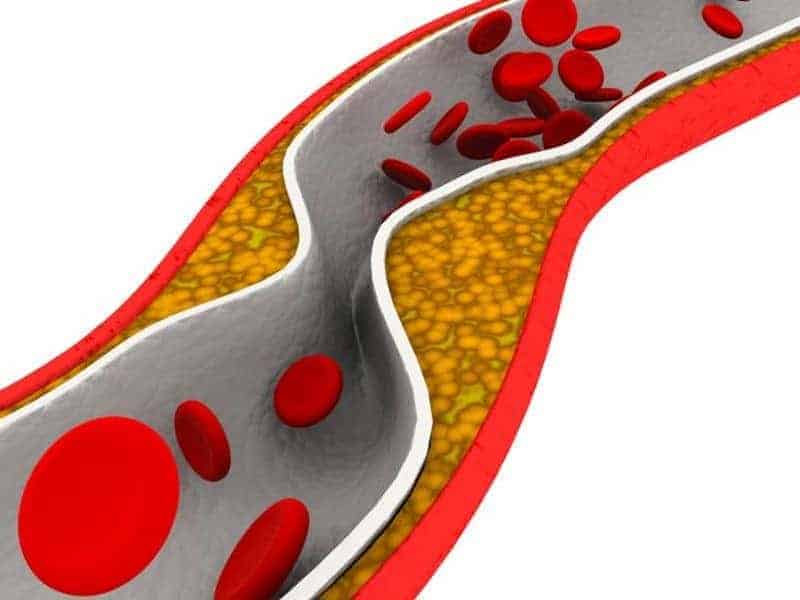WEDNESDAY, March 13, 2019 (HealthDay News) — Bempedoic acid, an inhibitor of ATP citrate lyase (ACLY), added to maximally tolerated statin therapy, significantly reduces levels of low-density lipoprotein (LDL) cholesterol in patients with atherosclerotic cardiovascular disease and/or heterozygous familial hypercholesterolemia, according to a study published in the March 14 issue of the New England Journal of Medicine.
Kausik K. Ray, M.D., M.Phil., from Imperial College London, and colleagues randomly assigned patients with atherosclerotic cardiovascular disease, heterozygous familial hypercholesterolemia, or both with an LDL cholesterol level of ≥70 mg/dL while receiving statin therapy to receive either bempedoic acid (1,488 patients) or placebo (742 patients). The researchers observed no difference in the incidence of adverse events (78.5 and 78.7 percent in the bempedoic acid and placebo groups, respectively) and serious adverse events (14.5 and 14.0 percent, respectively). Patients in the bempedoic acid group had a higher incidence of adverse events leading to discontinuation of the regimen (10.9 versus 7.1 percent). Bempedoic acid correlated with a 19.2 mg/dL reduction in the mean LDL cholesterol level at week 12, representing a change of −16.5 percent from baseline.
In a second study, Brian A. Ference, M.D., from the Medical Research Council in London, and colleagues constructed genetic scores composed of independently inherited variants in the genes encoding ACLY and 3-hydroxy-3-methylglutaryl-coenzyme A reductase (HMGCR) to create instruments that mimic the effect of ATP citrate lyase inhibitors and HMGCR inhibitors (statins) for 654,783 participants. The researchers found that the ACLY and HMGCR scores correlated with similar patterns of change in plasma lipid and lipoprotein levels and had similar effects on the risk for cardiovascular events.
“The genetic characterization of drug targets is set to revolutionize how we develop medicines,” write the authors of an accompanying editorial.
Both studies were funded by Esperion Therapeutics.
Abstract/Full Text – Ray (subscription or payment may be required)
Abstract/Full Text – Ference (subscription or payment may be required)
Editorial (subscription or payment may be required)
Copyright © 2019 HealthDay. All rights reserved.



